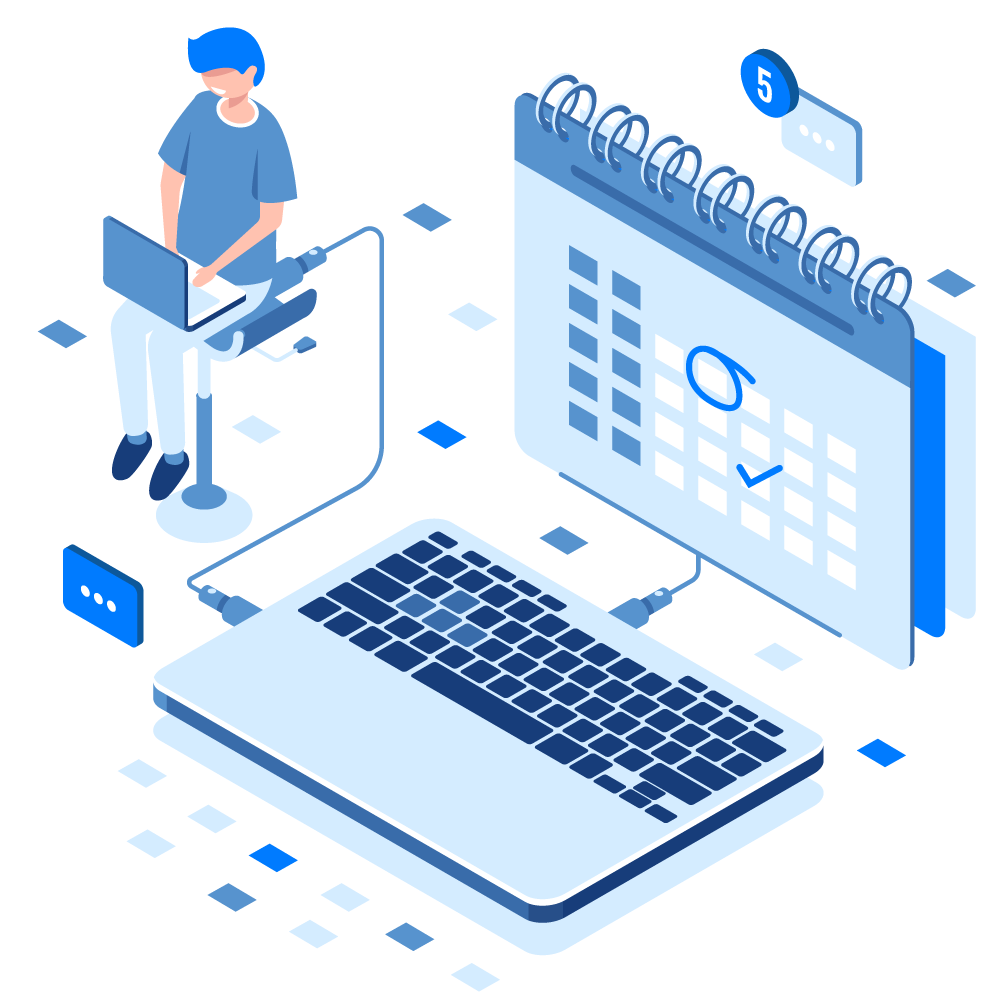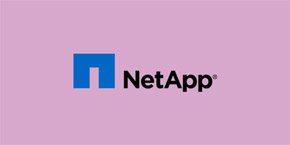Rated #1 Recognized as the No.1 Institute for Java Full Stack Developer Online Training
Advance your career with Java Full Stack Developer Online Training. Our comprehensive program, led by industry experts, provides in-depth knowledge and hands-on experience in front-end and back-end technologies, enabling you to build dynamic, high-performance web applications.
The Java Full Stack Developer Online Course equips you with essential skills and practical tools like Spring Boot, Hibernate, Angular, and React, preparing you for real-world projects and enterprise applications. Gain expert guidance, earn your Java Full Stack Developer certification, and leverage our job placement support to secure a rewarding position in this in-demand domain.
- Master Java Full Stack Development with us.
- With 350+ hiring partners and 15,000+ professionals successfully placed.
- Our curriculum aligns with industry trends, ensuring you are job-ready from day one.
- Join our Java Full Stack Developer Training today and accelerate your career growth.
- Get Java Full Stack Developer Placement assistance and enhance your career prospects.
- Gain experience with live projects, making this course your gateway to a thriving tech career.



























